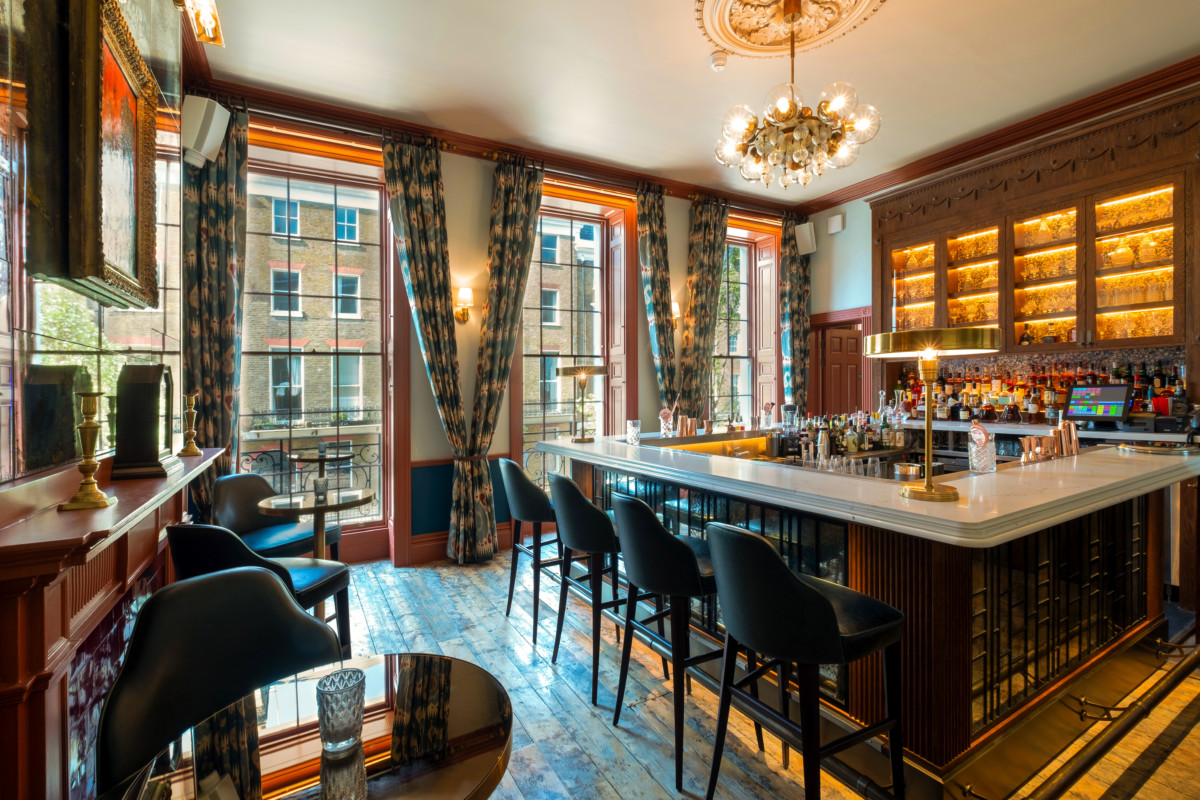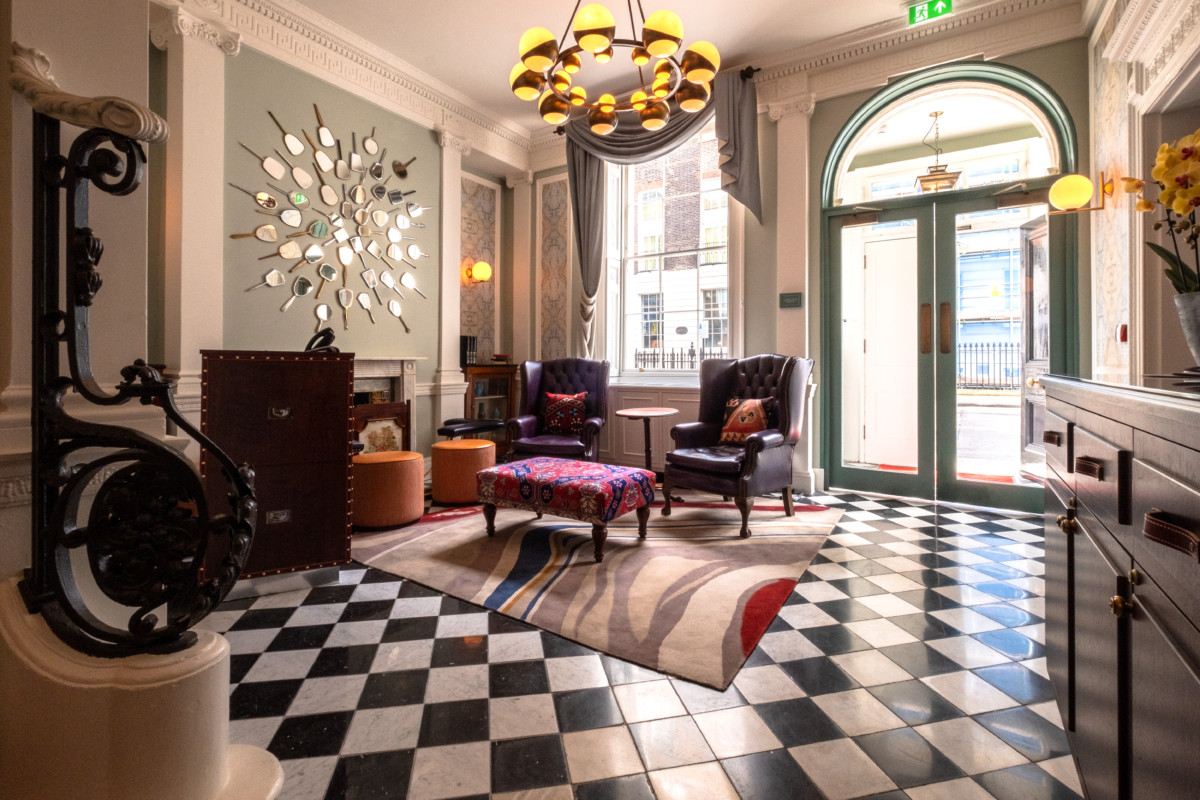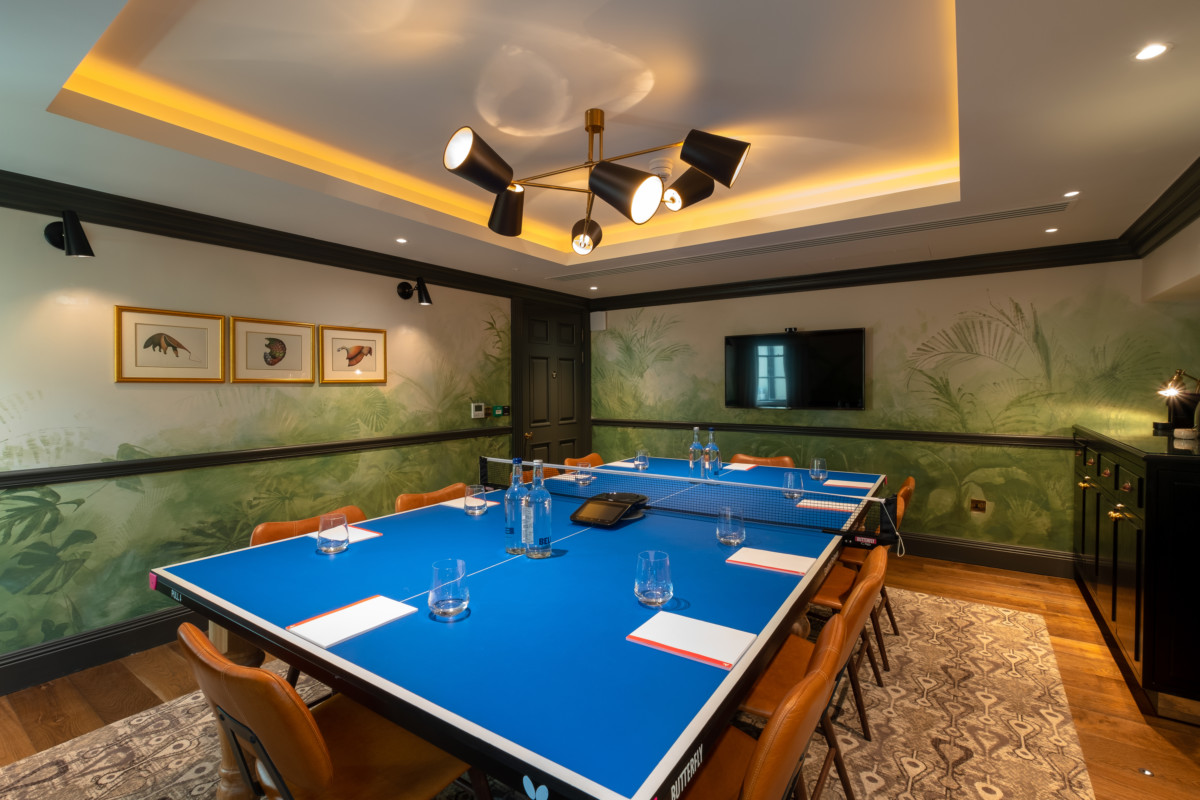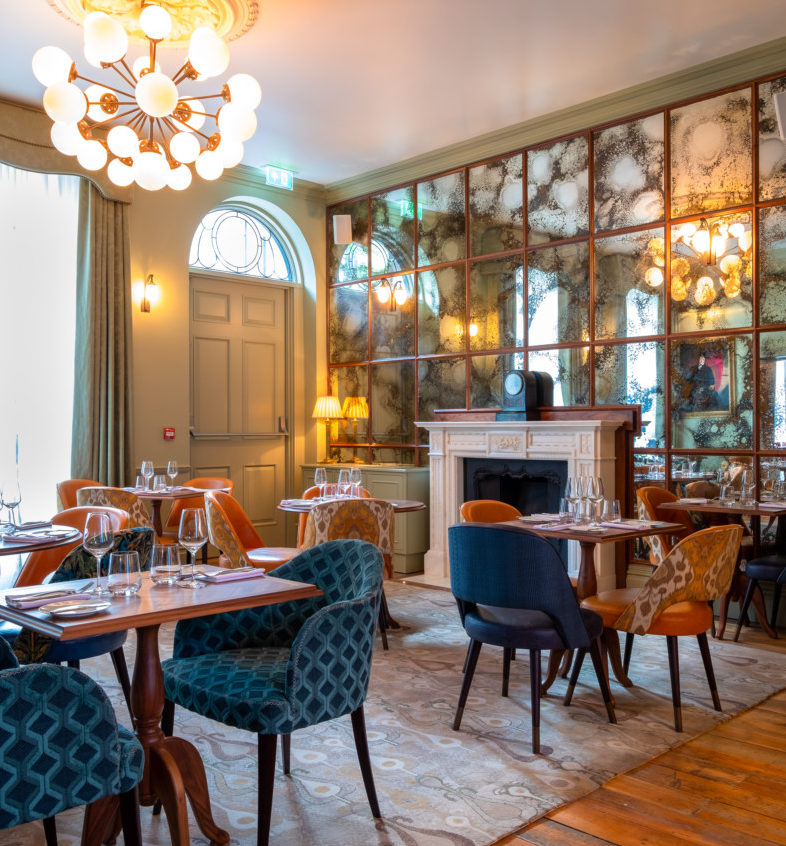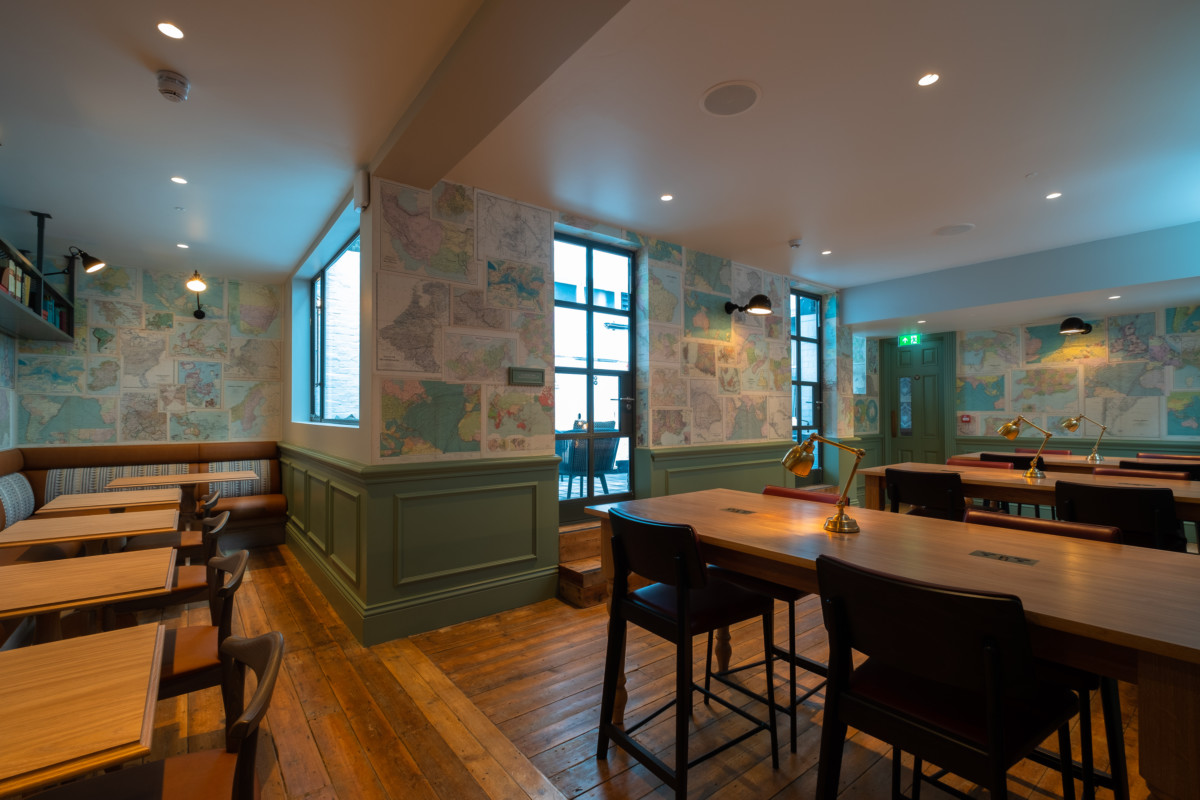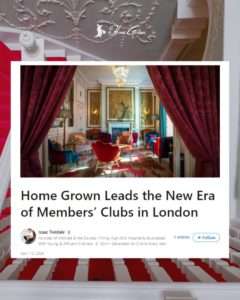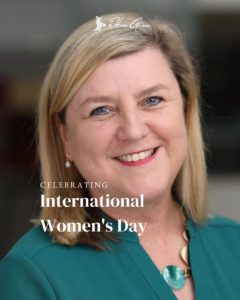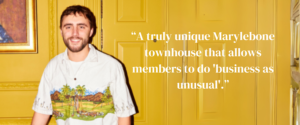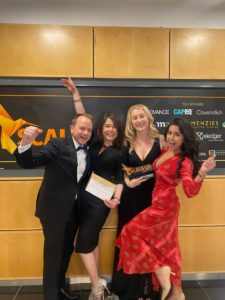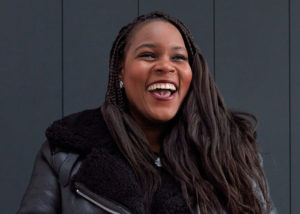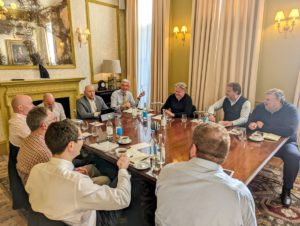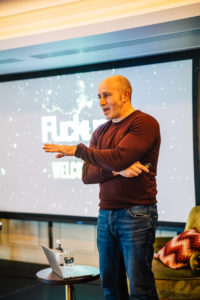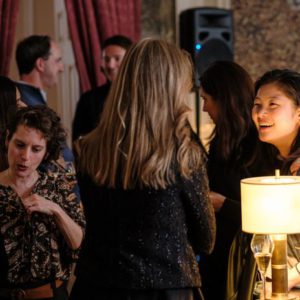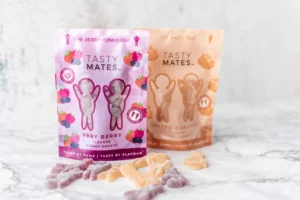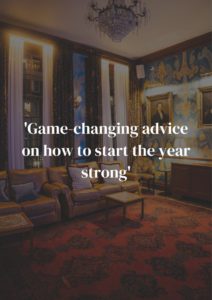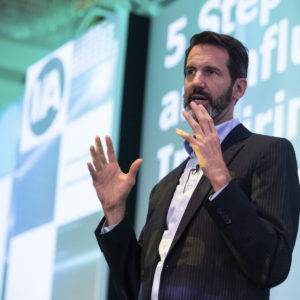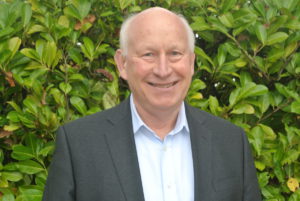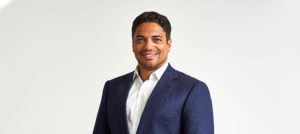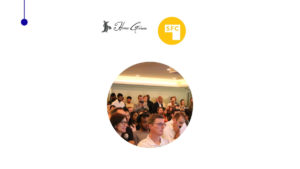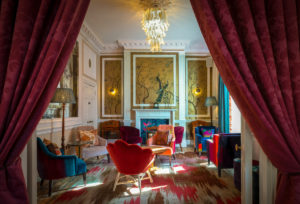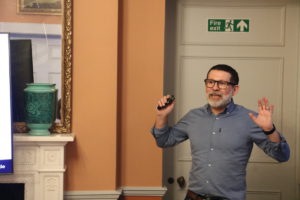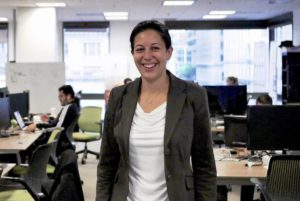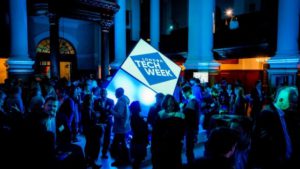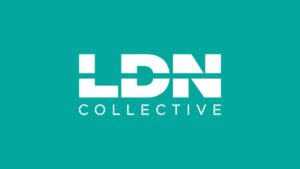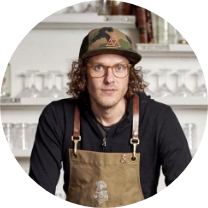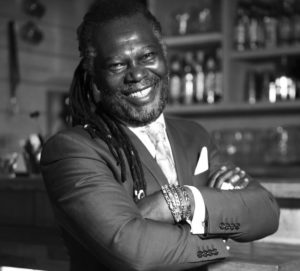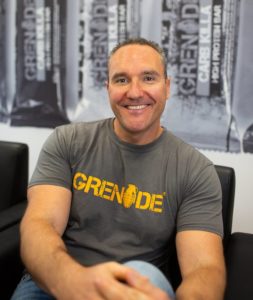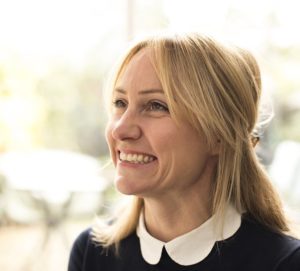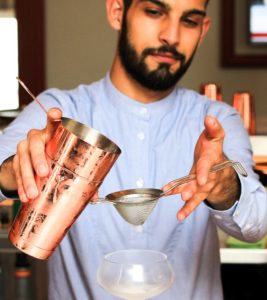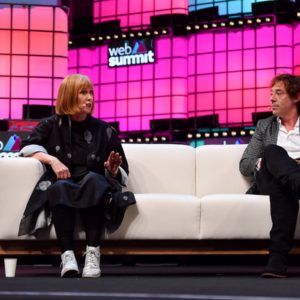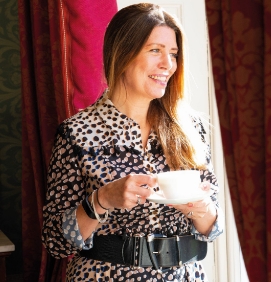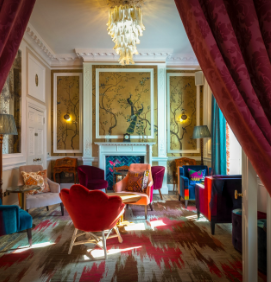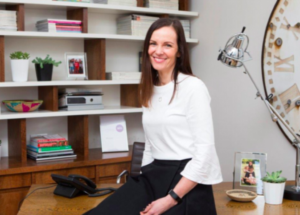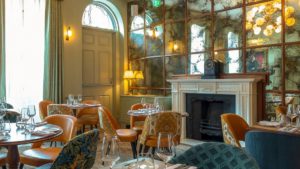Technology & Innovation in Hospitality Panel Discussion
In partnership with the Hospitality Titans, on 25th May, we had a panel discussion on the growth and dependence of technology in the hospitality sector. The event was hosted by Liam Norval and Fryderyk (Frederick) Szydlowski.
The stellar line-up of panel included:
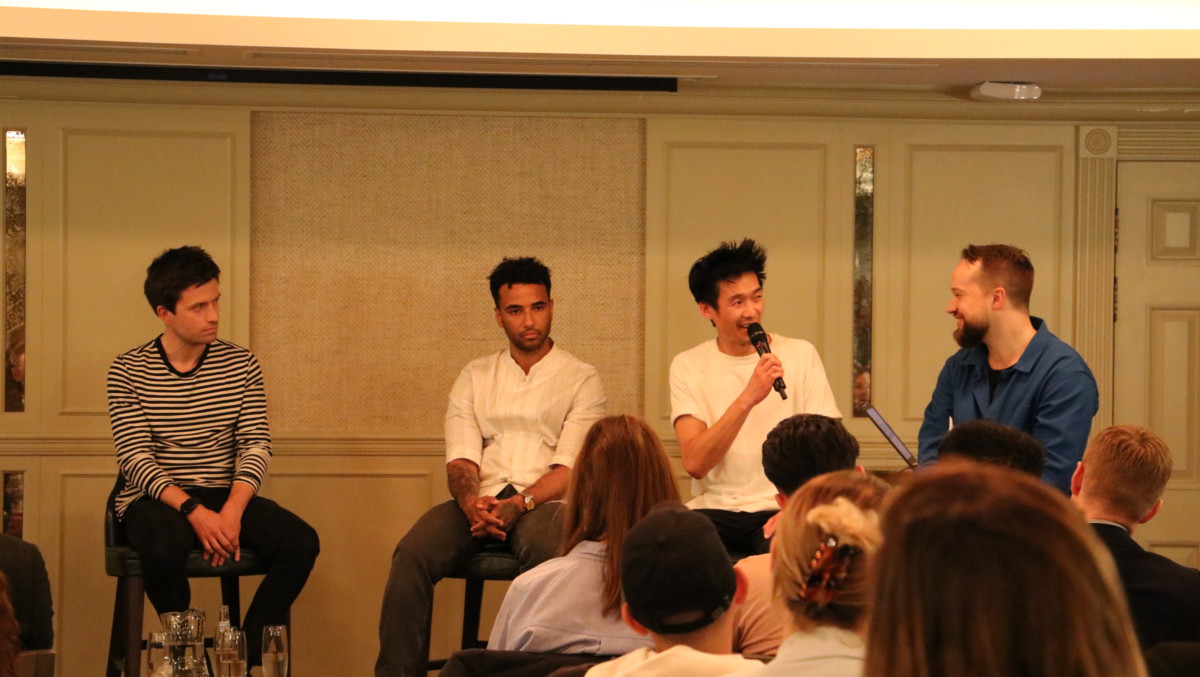
JP Then, founder of Crosstown and Slerp.
JP felt like there was a a gap in the UK market when it came to proper doughnuts so he set out to launch Crosstown doughnuts, selling their first doughnut from a market stall on Leather Lane. Since then, he has not looked back. Today Crosstown has taken over with more than 20 stores, trucks, markets, scoop bars and concession, Crosstown is also stocked in large scale retailers, e.g. Whole Foods, Ocado Zoom and Liberty London and JP’s online delivery app, Slerp. Slerp was an idea born in 2016 by JP and is a challenger brand to big delivery app platforms like Deliveroo. Slerp charges clients a third of what other operators charge making it competitive. Slerp launched in Dec 2019 and, unlike many other businesses during the pandemic, it’s growing exponentially.

Hugo Tilmouth, founder and CEO at theUp.co (ServedUp/ChargedUp)
Hugo and his partner Charlie Baron are serial entrepreneurs that have developed several companies which all fall under theUp.co. If you’re wondering why was that the chosen name, it will become apparent soon.
In 2017, they launching ChargedUp which provided a network of 3000 charging points across 50 European cities allowing people to rent a mobile phone charging pack at one destination and retuning it to other points located nearby. ChargedUp locked in lucrative deals with Greene King, WeWork, Stonegate, DoubleTree by Hilton, Westfield London and Westfield Stratford. When the pandemic hit, this creative duo turned these charging points into successful mobile order and pay app as well as a hand sanitiser network, renamed CleanUp. Most recently, the duo unveiled ServedUp which is an all-in-one EPOS solution for fast mobile orders and paying solution. A few months ago, theUp.co secured €8.3 million investment investors such as Jägermeister, former CEO of Monzo, Tom Blomfield and JamJar Investments.
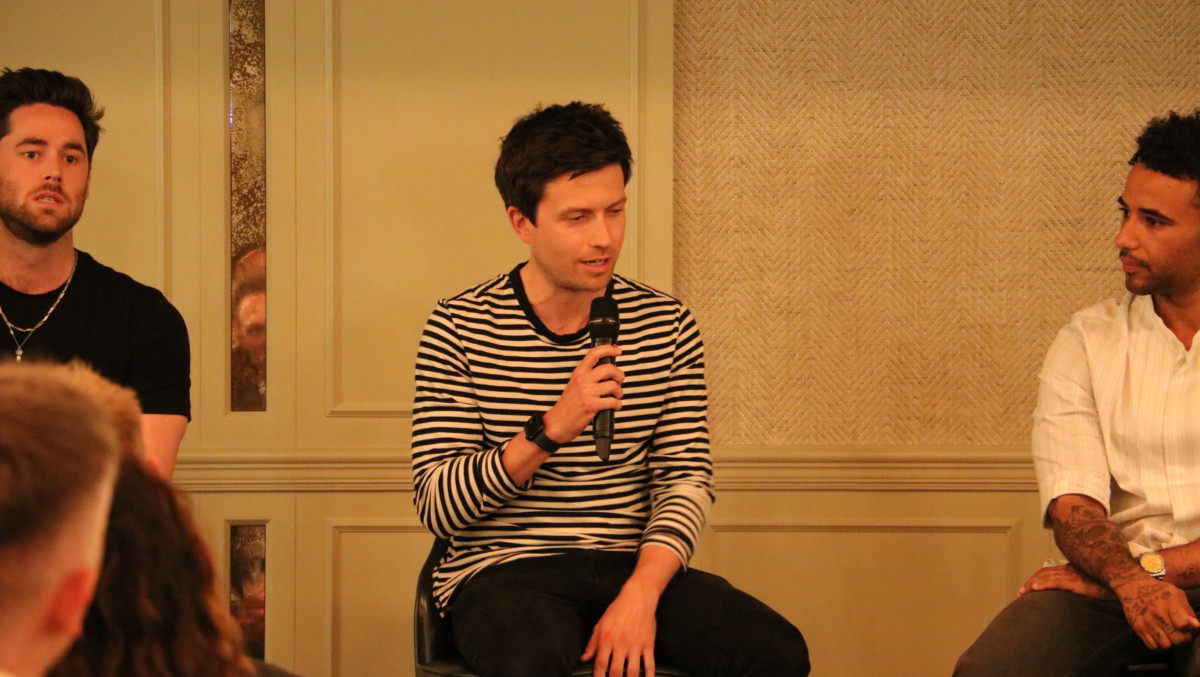
Fionn Hart, UK Country Manager at Flipdish
Flipdish is a food ordering platform that allows orders to be placed on web, mobile, in-store kiosks or from the table. It helps track and improve business performances with insights and reporting as well as build loyalty and retention campaigns.
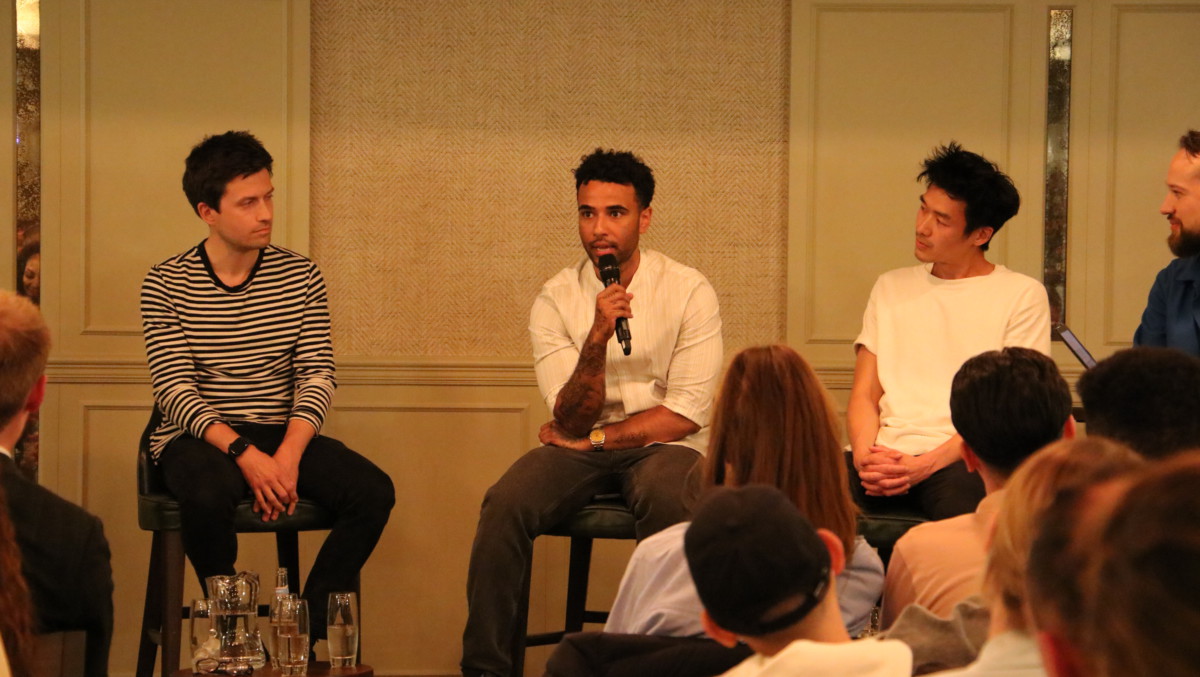
Joshua Jarvis, founder of Wing shack co.
Joshua had no prior hospitality experience, but just a vision. That vision led to Wing Shack, a shack themed restaurant with 4 branches currently, delivery kitchens and a strong Instagram following of over 35,000 (hungry) followers.
Joshua has been highly successful and continues with plans to open more branches.

Rob Huysinga, founder of BUBBA Hospitality Group
For Rob, the dream started with ice cream. Rob launched Pan-n-Ice and Bubba Ice with a social following of over 1 million. Rob’s most recent venture, Bubba Oasis, is a one stop venue for casual dining, hot desking, music, art and entertainment. Rob ultimately sees it as creating a community. Bubba Oasis is currently situated in Angel, Islington and Chelsea.

With this incredible line-up, it was time hear how their experiences have shaped their views on technology in a post-pandemic world.
Frederick: Tech platforms have wanted to enable brands to understand their customers better and increase their revenues and volume of orders and that’s what operators want as well. We’re all trying to achieve the same goal but the reality, we can’t be as tech savvy as they want us to be. What is your take on the post pandemic world, are we still as hospitality still a technology first industry, and I would love to hear from our operators! Let’s start with Joshua, hearing from his perspective of a delivery-only business during the pandemic to opening brick and mortar sites.
Joshua: I would say that even before the pandemic I was looking at ways on how we can bring technology into the brand. Loughton is a traditional setup with customers ordering from the till but since the pandemic, we’ve had QR codes for our customers to order through and we’ve seen an increase in spend. I believe this could be due to less pressure then when they order and there’s a queue because they can order at their own time. All our sites now operate on QR code but we do have wait staff on standby if no one can make their orders digitally. However, technology still has its issues with glitches etc but it has helped us.
Frederick: Charlie do you agree? Is everyone so open and excited about new technology, introducing it and what are the challenges you see especially now post pandemic?
Charlie: During the pandemic we saw a rise in getting QR codes in a lot of venues, but the reality is that there is a big contraction of people getting rid of QR codes and going to the old way. I think a big reason for that, there was a mixture of quality of execution, a lot of people went for the app route or QR code and some even coded their own systems. However, soon as the government mandate stopped, they just discarded it thinking it isn’t a good way of operating. For new operators, like Oasis, when you haven’t had a lot of experience you’re open to starting up in this new way of operating. The benefits is clear to see- increase member heads, reduction staff needed to operate, marketing, data insights etc but getting that across to venue owners is very difficult because they are shut off. We need to get more case studies together and showcase the advantages of these technology systems for more uptake.
Frederick: JP, what do you think operators in general can do to be more open to technology, where does the thinking have to change to realise the upsides of using technology? What has to change?
JP: I think we need to ask – do you want to be an only channel business? This is the fundamental question the operator needs to ask themselves. With my Crosstown hat on, we’re growing and we’re lucky we’re growing but I can’t tell you next month, what our marketplace and Direct to Consumer income will be, it keeps changing but at least I’ve got those channels. The leap, sectors need to take, is do we want to embrace omni channel, do we want this to be part of our business. We’ve got people who use Slerp as a band aid solution during the pandemic, they got a lot of orders because consumers had to buy online because it was the only way.
So they embrace D to C thinking it was a marketplace, we think about Deliveroo or UberEats, you turn it on and that is your adoption curve. When you’re doing Direct to Consumer, I’ve got a website, potentially got an app, a loyalty scheme, on-demand, click and collect, all this stuff. This requires a lot more thinking involved and a lot more implementation and longer cycle. So with Slerp, we take businesses through a plan that might last 100,150,200 days and each of those milestones every 2 weeks, we are adopting and collecting data, we step into the journey of Direct to Consumer e-commerce is, we can’t just turn it on and expect things to happen and a lot of this has to do with social media following, engagement, etc.
There’s a huge education and learning curve in the sector, it really starts with do we want to embrace it and be omni-channel or are we happy using tech in a small way i.e. epos, payments, etc.
That’s the big question we have to ask ourselves in this sector.
Frederick: Rob, you’ve built businesses, you’ve had a start-up in your experience in building hospitality businesses, I’m sure you’ve faced issues everyday, a lot of unexpected issues. So the question is, why don’t we utilise tech to the fullest when we implement it?
Rob: I think a lot of the time, from a hospitality perspective, it’s getting the basics right. Making sure food is served at a certain temperature, the lighting, music, our team is all done perfectly and this is done offline so we are so far from tech since we’re only in our first year of business at Bubba Oasis. We’ve only got 24 hours a day, we always need to prioritise and we found it challenging with some other technologies, which have been left to the side. From our perspective, hospitality comes first and technology comes in behind.
The QR code, for me I don’t like it because I prefer my team going over and talking to our guest and making it a personal experience. It is that personal experience that online businesses can’t compete with, but equally cashflow keeps me up at night, so I researched and found an app that helps my business, as well as seamlessly integrates into our operation. I’ve used ‘Design My Night’ as a key employee is how much I rely on it. There are thousands of different software you can use and implement, but ultimately is it seamless and will it make our teams life easier.
Frederick: I guess what you’re saying Rob, technology should not be the experience, it should help you facilitate that experience.
Rob: Yeah for hospitality, but for businesses with low dwell time, they use technology and it makes sense for them. I am not passionate of putting screens but I can see how other food chains use it because it’s scalable and really important.
Frederick: My next question was, what can tech platforms do better to make it easier for businesses which you sort of alluded to, but I wanted to ask Thionne what venues can do better to be more open to technology. You guys work with many venues, so you must have a lot of interesting stories.
Fionn: I have this conversation about several times a week about how hospitality being a people first business and tech needs to enable that. One change we are seeing, the most boring part of the utility taking out order but if you can allow them to order through different channels that has actually seen higher tip amounts. In terms of embracing other stuff, the technology needs to work. Most operators don’t want to sit down and go through spreadsheet and going through numbers and working out what they should with that. They want a system that throws out suggestions on how to automise this and what options they got with that. I think through the pandemic, we’ve seen the first evolution hospitality tech and now it’s that second bit, how we bring it to the next level and push it forward.
Frederick: This a question for JP. Crosstown doesn’t just use Slerp, you’ve used EPOS systems, CRM, loyalty, etc. I’m sure you get approached by hundreds of these inbounds, so how do you know what technology might be perfect for Crosstown and the next big thing for hospitality?
JP: First thing we ask ourselves, why do we need this? Do we need it? A learning we had tonight was the reason they adopted our technology was because they saw their competitors use it – which is the wrong reason. It’s the wrong reason to raise it as a business model, and yes, we are approached about a lot of technologies, but ultimately it comes down to what these guys are saying. Does it solve a problem? Is there a pain point we have, does it need addressing, and can technology help us with that? But at the same time, we make sure we don’t commit to too many things at once. Introducing technology is great and has changed management. As for what venues can do better, hospitality needs to build digital and tech teams, we always deal in operations and marketing. It’s like talking another language – something quite complex and takes months to implement and you might see the benefit in a couple of years in a very big way. And that needs a dedicated team for us to interact with. Looking at Crosstown: we have a small team but we have a team dedicated to looking at digital and technology and it has it’s value. There’s a lot of gimmicky tech out there and it’s not necessary.
Frederick: Joshua, for a business at your stage, do you have the capacity financially and time wise to plan for years and solutions that would reap you value in a few years?
Joshua: I think it depends, if I had the funding I would do it because I am quite tech savvy. I wish I could because we always have problems with ordering applications and it comes back to me, but I have a million other things to do. For an example, an item is deleted off the menu but we didn’t delete it, all these things add up. I would love to have our own tech team to sort these things out and if we have the capacity to, I’ll definitely do it.
The last question for Rob, in a perfect world, if you could come up with a tech solution what would it be and you would use it no matter the price?
Rob: ServedUp! We had a meeting with these guys a few weeks ago, Hugo said it so well, you want to be the Shopify for hospitality. Gymshark in their early stages, they didn’t have time to set up the website and they focus on the branding. For me, in the early stages, I rather work with businesses like ServedUp so I can concentrate on the branding and marketing and they can handle the technology.
Frederick: How about for you, Joshua?
Joshua: Robot chefs! Cheaper, no chef problems, consistency, no egos and all that! *Laughter*
[Panel conversation and Q&A continues about EPOS systems, super applications e.g. Wechat, adopting tech in hospitality, diversity in technology adoption etc ]
Our guests enjoyed the session and continued networking after in our Unicorn Bar.

If you’re interested in enriching your entrepreneurial experience and finding a strong community of entrepreneurs, investors and business leaders then contact our membership team at Home Grown.
Related articles




A one-stop-shop for entrepreneurs and investors. What really sets Home Grown apart is their members’ events which provide access to valuable insights and support scaling founders on their growth journey.Richard Farleigh, Entrepreneur and Former BBC Dragon's Den
It’s always a delight to meet, network and entertain amidst the generally relaxed vibes that radiates throughout Home GrownGladstone Small
Home Grown is immersed with an overflowing energy, unrivalled facilities yet the club has a certain uniqueness.Luke Reed
What a special delight and home from home! I stay here whenever I come to London and their Scale-up events are on the money.John Courtney
We are all crying out for opportunities to bump into other people, to spark ideas off them that make us happier, more fulfilled and more imaginative: Home Grown is a forum for just this creative serendipity.Tas Tasgal
Home Grown is more to me than just my office in London. It’s a community. It’s a place to network with other business people. But most of all it’s got that super friendly and positive vibe that you just can’t wait to get there each time.Neil Thompson
